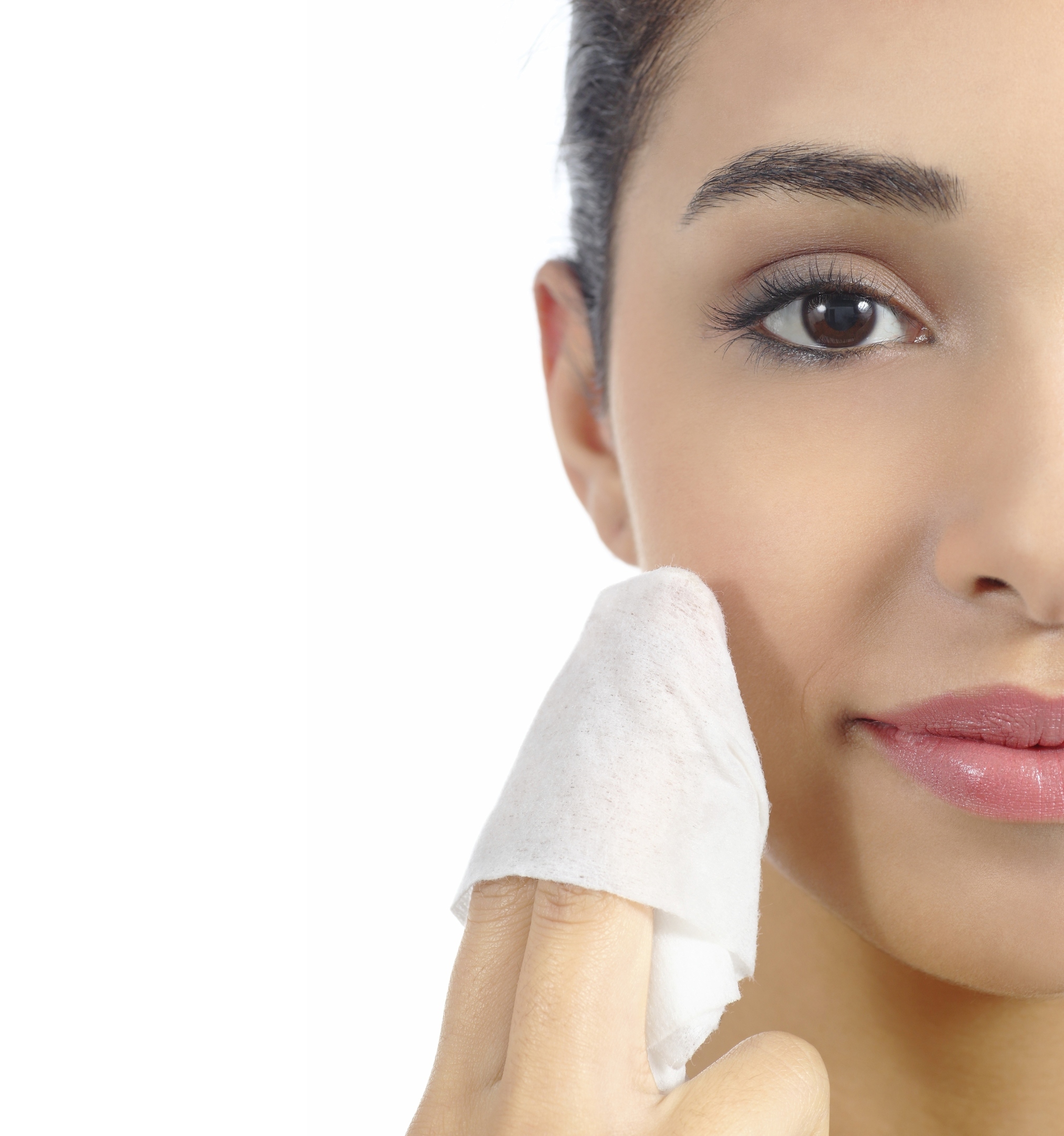WipeWipesWet wipes may be convenient, but they don’t have the best reputation – and now experts have found they could be spreading germs too …
Whether you’re scrubbing off make-up, freshening up your hands or giving those kitchen or bathroom surfaces a quick wipe down, the humble wet wipe has become a cleaning stalwart for many of us. Promising to help us clean and polish without even having to get wet, it’s no wonder reaching for a packet of antibacterial or babies’ wet wipes has almost become second nature.
However, according to researchers at Cardiff University, while they might be super handy, they’re also not actually doing what they’re meant to.
After testing seven types of wipes used in hospitals, they found the efficiency of the wipes at removing traces of MRSA bacteria, Clostridium difficile (a bacterial infection that affects the digestive system) and Acinetobacter from surfaces was not up to scratch, and in some cases even spread the bacteria. “This is a single small study which needs to be repeated on a larger scale to provide more reliable conclusions,” says medical director at The Smart Clinics, Dr Michael Spira. “Meanwhile, a policy of ’one wipe, one surface’ would seem sensible.”
HORROR STORIES
Wipes haven’t just been in the news because of their questionable cleaning abilities either. Since June, a six-month-old baby suffered chemical burns from counterfeit Pampers baby wipes, a woman in Norwich reportedly discovered a dead mouse in a packet of Huggies when taking her make-up off, and in California, some wipes were found to have glass shards in them.
SENSITIVE SKIN
They may be super-convenient for taking off make-up and speedy face-washing, but often, wipes aren’t actually doing the health of our skin many favours. Even some of the more ’natural’ sounding ones can cause reactions, and many dermatologists have warned that wipes can be drying, detrimental to skin’s PH balance and are linked with sensitive and allergic reactions.
TOILET TROUBLE
The majority of wet wipes aren’t biodegradable, meaning they can cause serious drainage problems if flushed down the loo. In June, the Guardian went so far as to call wet wipes “the biggest villain of 2015” after it was discovered wet wipes contribute to giant fat-bergs in the sewage system. These are formed by wet wipes and oil and grease that’s been poured down the sink – and have been said to be as big as double-decker buses and even jumbo jets. Eww.
SHORE PROBLEMS
As well as blocking up sewage systems, wipes have been washing up on our beaches at an alarming rate. The Marine Conservation Society found that the number of wet wipes found on beaches in 2014 had increased by 40%. Not only that, they estimate that 35 wipes are found for every kilometre of beach.
TURTLE TRAGEDIES
This isn’t good news for us – and neither is it good news for marine life. There have been cases of turtles confusing floating wipes for jellyfish and eating them, which causes them to die.
